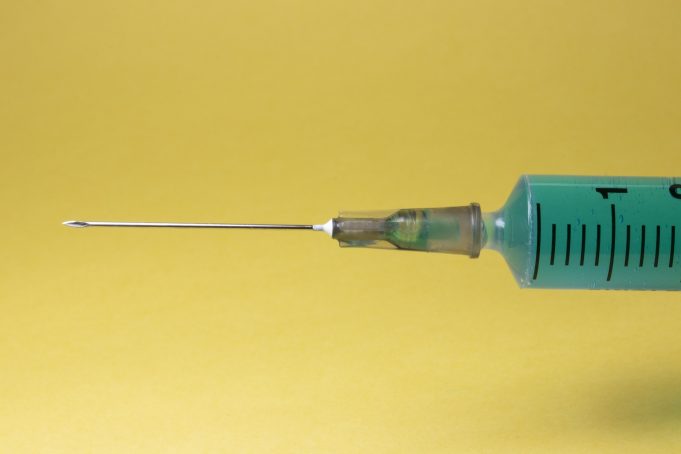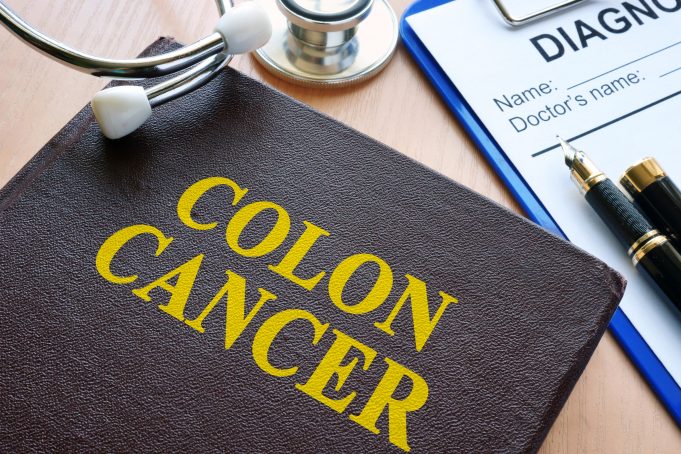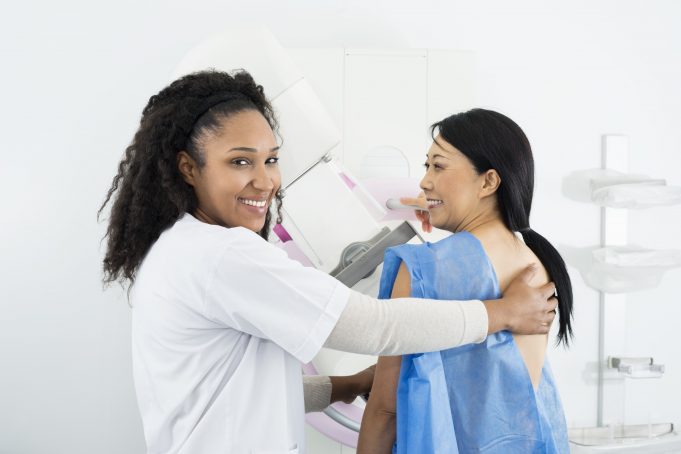Early results from a phase one clinical trial showed that a new colorectal cancer vaccine could be an effective way to treat the disease. The study, published in the Journal for Immunotherapy of Cancer, revealed that the vaccine safely activated...
Although cancer rates in the United States have generally decreased in the past few decades, certain cancers are on the rise, especially in younger people. A study conducted by the American Cancer Society and the National Cancer Institute reveals...
The best way to stay ahead of breast cancer is to get regular breast cancer screenings beginning at age 40 or earlier if you are considered high risk. It's also important to perform monthly self exams to detect any...
A study led by Dr. Joshua Brody of Icahn School of Medicine in New York City revealed that a new immunotherapy treatment involving vaccines has been successful at treating lymphoma. The results were published in Nature Medicine, and they show...
According to the American Cancer Society, nearly 56,000 Americans will be diagnosed with pancreatic cancer this year, and 45,000 of them will not survive. The deadly disease often spreads very quickly and usually isn't detected until its too late....
A study led by researchers at The University of Texas MD Anderson Cancer Center published in Cancer Discovery showed that combining immune checkpoint inhibitor drugs with targeted therapies that block DNA damage repair (DDR) decreased tumor size in mouse models...
Biopsies are currently the best way to detect cancer, but they're invasive, uncomfortable, and can take a while to come back. Researchers have long been trying to find ways to eliminate the need for biopsies, and a team from...
Research has shown that younger adults with colorectal cancer are often diagnosed too late when the cancer has already spread. Most patients with the cancer who are older than age 50 are diagnosed in the early stages of disease,...
The mammogram screening process in the United States has been the same for nearly twenty years. Women between the ages of 45 and 50 begin getting a yearly, routine x-ray exam to check for any lumps or changes in...
A 23-year-old Missouri woman with a family history of cancer was told she had the BRCA gene mutation that could lead to breast cancer. She followed her doctors recommendation to undergo a double mastectomy, only to find out nearly...


































